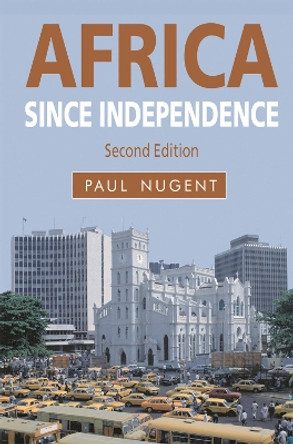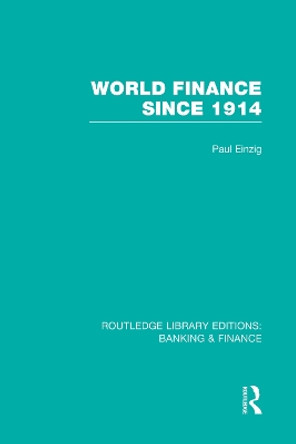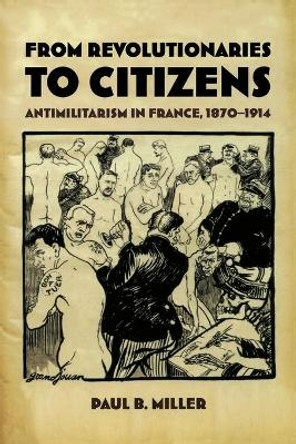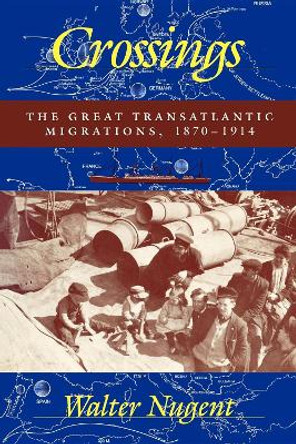Description
About the Author
PAUL NUGENT is Professor of Comparative African History (History and Centre of African Studies) at the University of Edinburgh.
Reviews
This study...is warmly recommended and should be of particular interest to those concerned with the ins and outs of imaginary or putative nationalisms in Africa. From a comparative perspective, it would be very interesting to see to what extent Nugent's four main conclusions - that boundary lines drawn by the various colonial powers were never simply arbitrary, that those boundary lines created local sets of vested interests favouring the status quo, that the division of a putative ethnic group (the Ewe) was not sufficient to override the forces conspiring towards maintenance of the border and, finally, that contra a particularly well-established orthodoxy, Ewe border communities in both countries have neither been divorced from the state, nor especially resistant to it - have wider currency beyond the Ghana-Togo context. -- Jeffrey Haynes * AFRICA *
This highly nuanced study examines the rich borderland communities of the Ghana Togo frontier from WWI to the present, focusing on the Ghanaian side. Nugent (Univ of Edinburgh) argues that although Europeans drew the boundaries, they owe more to precolonial economic and ethnic patterns than previously recognized. ...Although Europeans devised the border, the indigenous population embraced it and made it their own. For smugglers, the border represented less an artificial barrier imposed by outsiders than an opportunity for profit. Based on extensive archival research and oral interviews, this book will interest social and political historians, anthropologists, and political scientists. - -- E.S. Schmidt * CHOICE *
... this book is an important contribution to our knowledge of the creation of African frontier zones and the role of frontiers in the evolution of borderland communities, about which so little is known. Nugent's conclusions are as striking as they are original: African colonial boundaries were not arbitrary, but a function of European and local African attitudes; these boundaries created local sets of vested interests (smuggling associations, for example), that championed the status quo as colonial administration waned and independence movements waxed; expressions of ethnicity along border zones were as much a refraction of identity politics at a local level as they were of emerging ethnically based nationalist movements. And ... border communities are not divorced from, or resistant to, the state. -- Benjamin N. Lawrence * AFRICAN STUDIES REVIEW *
Book Information
ISBN 9780852554722
Author Professor Paul Nugent
Format Paperback
Page Count 320
Imprint James Currey
Publisher James Currey










